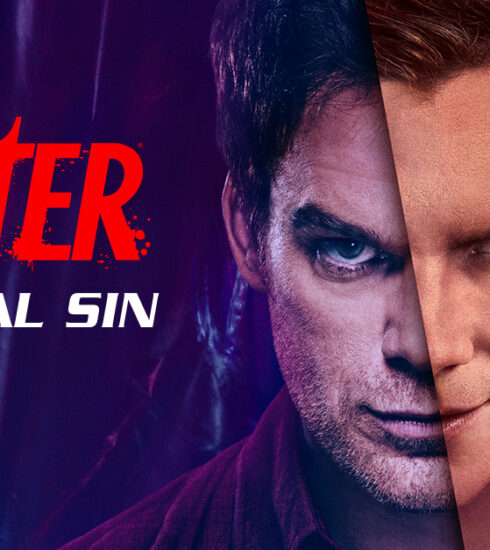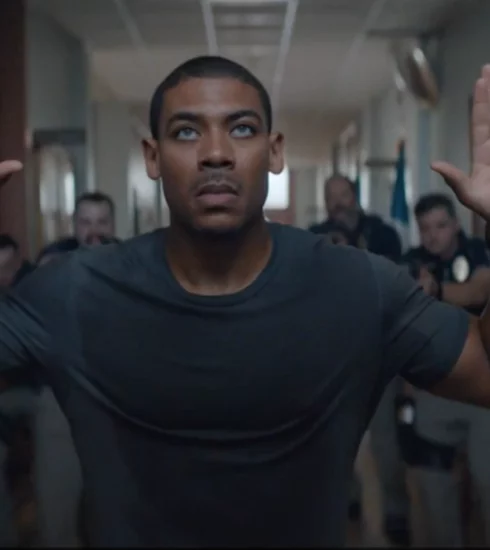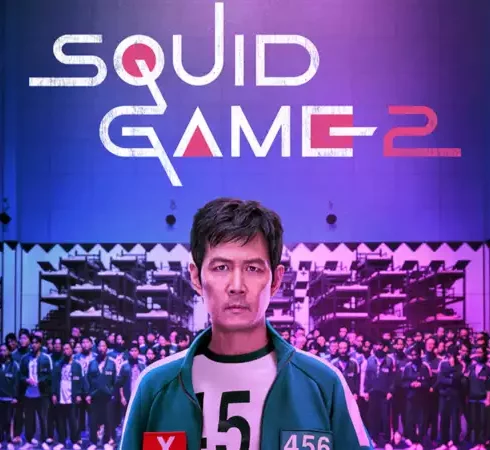Watch of the Week: The Deliverance
The Deliverance is a subpar exorcism movie that’s all the more depressing for being directed by Lee Daniels (Empire), whose distinctive flair is only sporadically spied amidst its shopworn clichés.
The story of a Black single mother whose domestic problems turn out to be of the devilish variety, Daniels’ first film since 2021’s The United States vs. Billie Holiday reunites him with that predecessor’s star Andra Day for horror shenanigans that grow less original by the minute. Save for an outlandish performance by Glenn Close as Day’s biological mother, it’s a third-rate thriller that doesn’t possess a single original idea.
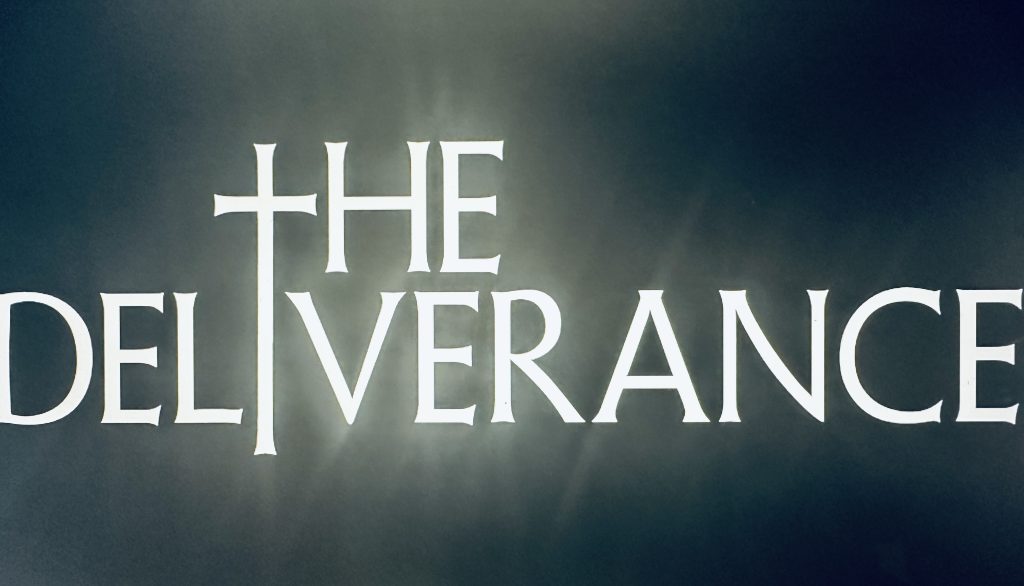
The Deliverance, which hit Netflix on August 30 after a brief theatrical run, claims to be based on “true events” and concludes with photos of the woman and house that inspired its tale. However, nothing resounds as genuine in this conventional affair set in 2011 Pittsburgh, where Ebony (Day) has recently moved into a new place with her kids Nate (Stranger Things’ Caleb McLaughlin), Shante (Demi Singleton), and Andre (Anthony B. Jenkins), as well as her mother Alberta (Close).
In garish low-cut tops, dark eyeliner, red lipstick, and a collection of conspicuous wigs that cover a head turned bald by chemotherapy, Alberta is a hot-to-trot grandmother who both encourages the advances of her medical technician Melvin (Omar Epps) and consistently attends her local Baptist church. Strutting around with a big, no-nonsense attitude, she’s a character bordering on a caricature, and her brashness is all that enlivens these otherwise BORING proceedings.
Ebony likes to drink and has a habit of smacking her kids around, as she does at the dinner table to young Andre. This makes Nate hate her and causes all of them to pine for the return of their dad, who’s currently serving in Iraq. Ebony has custody of her kids because she’s agreed to allow regular check-ins from Department of Children’s Services caseworker Cynthia (Mo’Nique), and those are unpleasant, given that Ebony didn’t inform Cynthia about her latest relocation and has no good explanation for the bruises dotting her kids’ bodies.
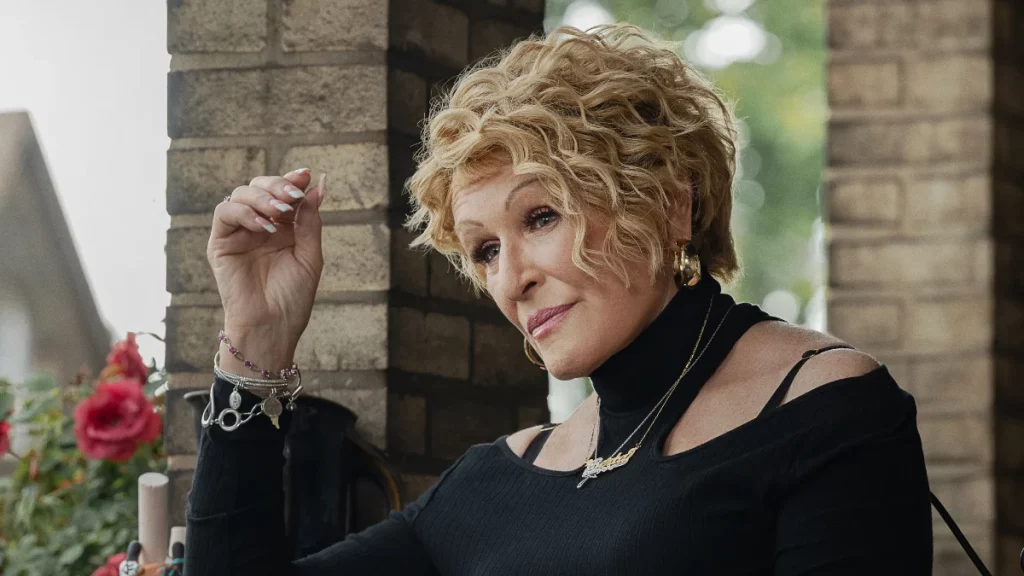
The Deliverance additionally implies that unlike her mother—who’s staying with them on condition that she keep her mouth shut, which she never does—Ebony has no faith. Yet, like so much of this story, details are sketchy at best, with David Coggeshall and Elijah Bynum’s script assuming that shorthand gestures are enough to establish their conceit.
Ebony’s residence has a basement door that constantly opens and is surrounded by flies (shades of Candyman and The Amityville Horror), but neither she nor anyone else ever investigates it—save for Andre, who’s found at one point at the top of the basement stairs, banging his head against the door.
This is weird, as is Andre’s habit of talking to his imaginary friend Tre. Alas, Ebony is so consumed with her own troubles that she does little about it until all three kids act out simultaneously in school, with Nate laughing at his teacher for having a son who died of AIDS and Nate throwing his faeces at his teacher. The Deliverance later reveals that Nate also ate his own poop, yet as with other revelations about his bizarre conduct, it’s recounted without ever being depicted by the film—a strange situation that speaks to either creative reticence or post-production editorial deletions.
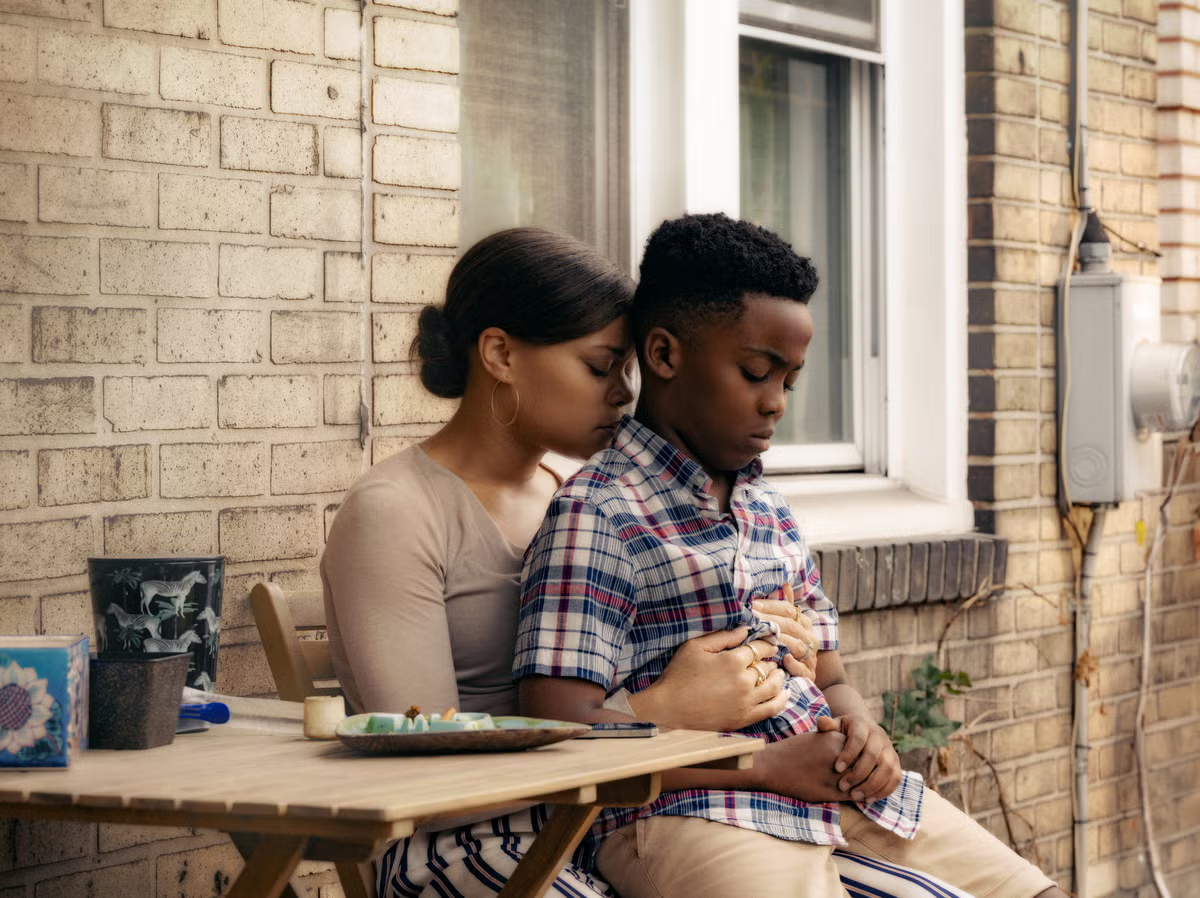
The pacing of The Deliverance is choppy throughout, including with regards to its characterisation of Ebony, who’s posited as both an out-of-control woman and mother, and a sympathetic figure who, deep down, loves her relatives—as evidenced by the fact that she’s secretly paying for Alberta’s chemo and, on her birthday, gets Shante the iPhone she wanted. Daniels wants to have it both ways, but his balancing act doesn’t hold; Ebony vacillates so frequently between victim and victimiser that it feels like the film doesn’t know how it wants to portray her.
That proves especially true once the line begins to blur between Ebony’s mistreatment of her children and the demon’s malevolent conduct, with domestic abuse and supernatural terror intertwined in ways that don’t make coherent sense and, consequently, undercut Day’s performance.
Through a fortuitous turn of events, Ebony is visited by Reverend Bernice James (Aunjanue Ellis-Taylor), who announces that she failed to save the house’s prior owners from the demon and wants a shot at redemption.
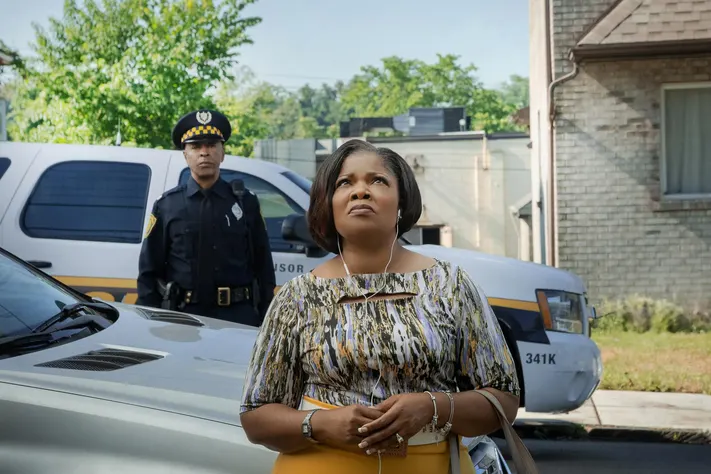
To achieve this, Bernice proposes a “deliverance,” which she says is different from an exorcism—because it can be performed by any truly pious individual—but proves to be more or less just like one.
Day doesn’t believe in Jesus because of her past trauma involving abuse (courtesy of Alberta and her rapist boyfriend), and The Deliverance is committed to heading in the most predictable direction possible, with Ebony eventually reconnecting with the Lord in time to battle the nefarious spirit that wants to steal her son and destroy her clan. Much growling, thrashing about, and foaming at the mouth ensues, along with zealous prayers and scary faces—the best of which turn out to be from Close, whose late, fanged reappearance almost elicits a genuine chill.
Daniels duplicates his chosen genre’s most tired tropes, from flashbacks to ghoulish visages to people clawing at their bodies, floating in the air, and having their eyes go black as midnight. The Deliverance, however, is too imitative to be scary. Despite recontextualising these horror elements in a Black single-mom household, the director fails to invigorate mayhem that’s been done countless times before, and with a lot more balls-to-the-wall verve than is present here. All he offers up is The Conjuring lite, and since James Wan’s blockbuster is itself a hodgepodge of superior predecessors, that’s anything but high praise.
Only with Close does Daniels seem to follow his vibrant storytelling instincts, and the acclaimed actress repays him with enough scenery chewing to keep things moderately engaging. Flirting with men decades her junior and standing toe-to-toe with the formidable Day (whose intensity deserved a better role than Ebony), Close suggests the more gonzo movie this might have been—if falls short of elevating this above being simply a star-studded B-movie.
Boluwatife Adesina is a media writer and the helmer of the Downtown Review page. He’s probably in a cinema near you.




